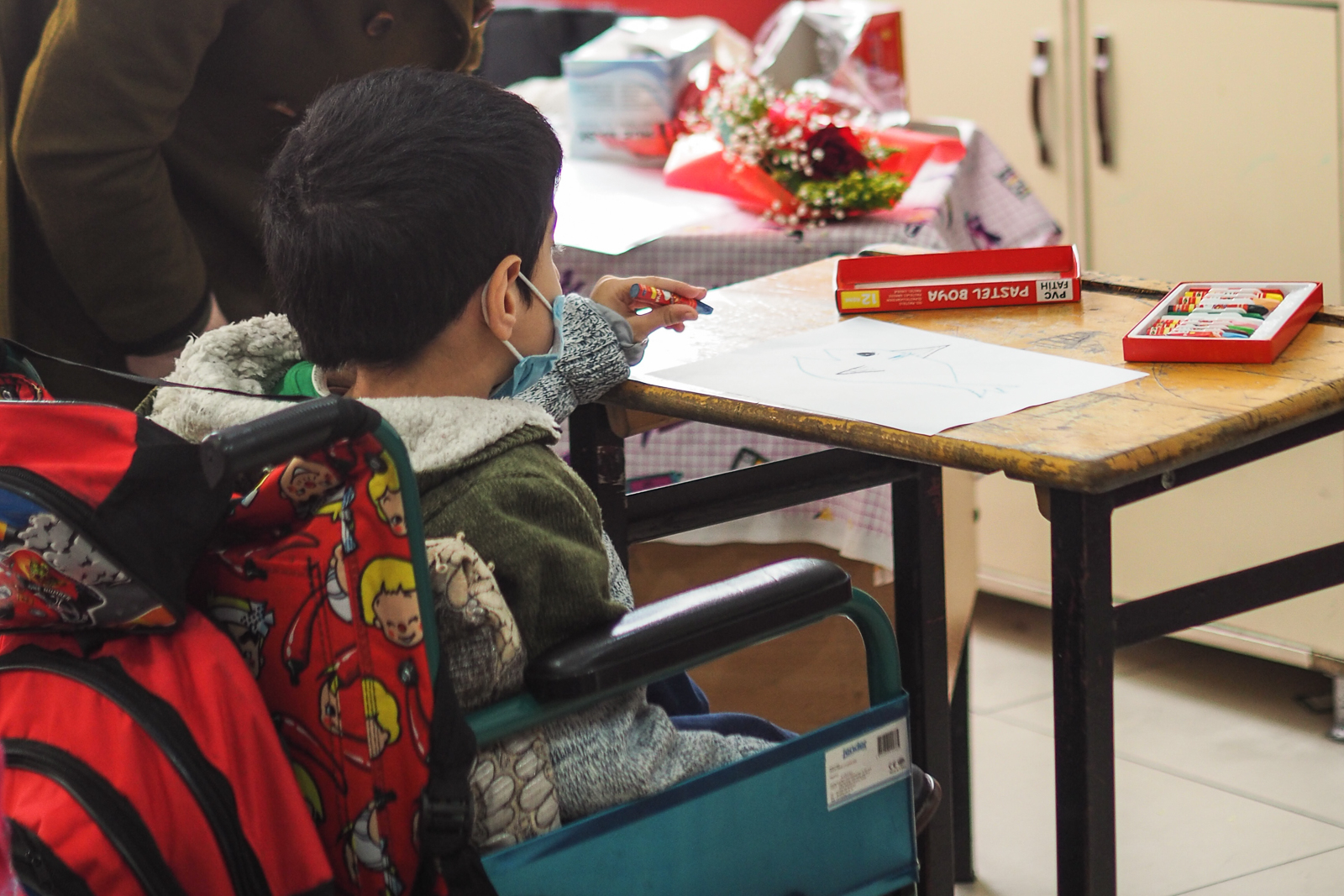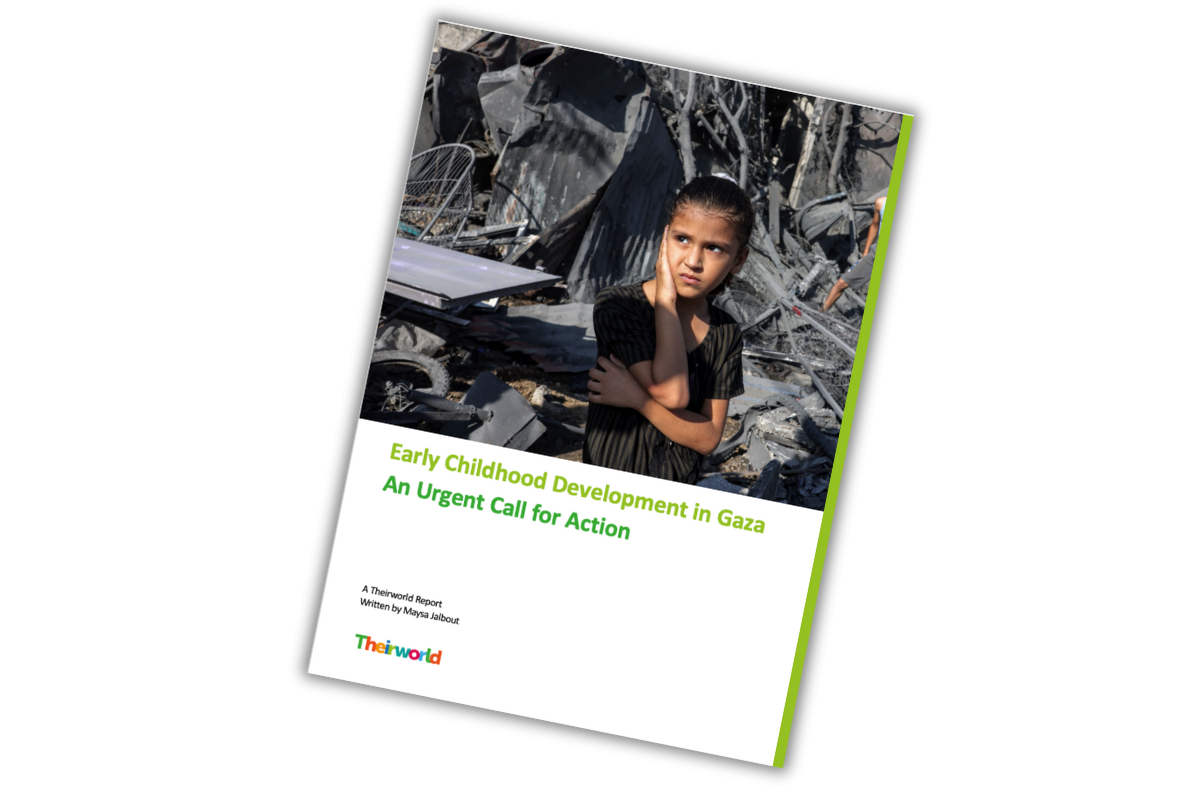
Seven years of Syrian conflict leaves thousands of children and young people with disabilities
Children in conflicts, Children with disabilities, Education in emergencies, Refugees and internally displaced people, Right to education
Children and adolescents with physical and psychological injuries could be left behind without access to education and specialised treatment.
Sami was at home in Syria when he went outside to play in the snow with his cousins.
“A bomb hit. I saw my cousin’s hands flying in front of me,” he said. “I lost both my legs. Two of my cousins died and one also lost his legs.”
Sami, originally from Dera’a in southern Syria, is now 14 and living as a refugee in Jordan.
He is just one of more than 1.5 million Syrian people who are now living with permanent, war-related impairments – including 86,000 whose injuries have led to amputations. Tens of thousands of them are children.
This week will mark seven years since the conflict in Syria began. With no end in sight, children with disabilities – both physical and psychological – are in danger of being excluded and forgotten about.
An estimated 3.3 million children are exposed on a daily basis to explosive hazards including landmines, unexploded bombs and improvised explosive devices.
“In conflict, children with disabilities are among the most vulnerable,” Geert Cappelaere, UNICEF Regional Director for the Middle East and North Africa, said today at a news conference in Beirut, Lebanon.
“They often require specialised treatment and services. As children, their needs differ from those of adults.
“Without access to services, schools and assistive products like wheelchairs, many children with disabilities face a very real risk of exclusion, neglect and stigmatisation as the unrelenting conflict continues.”
UNICEF reported a 50% increase in the number of children killed in the conflict last year compared to the previous year. In the first two months of 2018 alone, 1000 children were reportedly killed or injured in intensifying violence.

More than 200 children have been killed in the bombardment of the rebel-held enclave of Eastern Ghouta by Syrian regime and allied forces since February, according to the Syrian Observatory for Human Rights. It said today that seven years of conflict in the country have left more than 350,000 people dead.
Another victim is 17-year-old Bassil, who spoke and played the violin today at the UNICEF news conference.
He was walking with his friends near their home in Homs, Syria, when there was an attack that left him paralysed permanently.
“My injury was severe but no one was taking care of me,” he said. He decided to join his mother in Lebanon.
“When I came here I stayed at home for two years,” said Bassil. “Then I thought, I will never reach any of my goals – like playing music and having a life.”
UNICEF says lack of access to proper medical and psychological care has prolonged or worsened injuries and disabling conditions among children.
Children with disabilities are exposed to higher risks of violence and face difficulties accessing basic services including health and education.
But their injuries have not defeated their determination. Cappelaere said: “Despite injuries and displacement, the ambition of the children of Syria knows no boundaries.
“When children with disabilities and their families are provided with the support and services that they need, they have overcome the challenges they face and accomplished extraordinary feats to reclaim their childhoods, dignity and dreams.”
Dr Ghassan Abu Sitti, a plastic surgeon at the American University of Beirut Medical Centre, said: “As surgeries progress for children who have been disabled or disfigured by war, you can see that they become more confident, like they have finally become fully part of this world.”

Education in emergencies
More news

Education under fire: The laptops helping thousands of Ukrainian students rebuild their future
